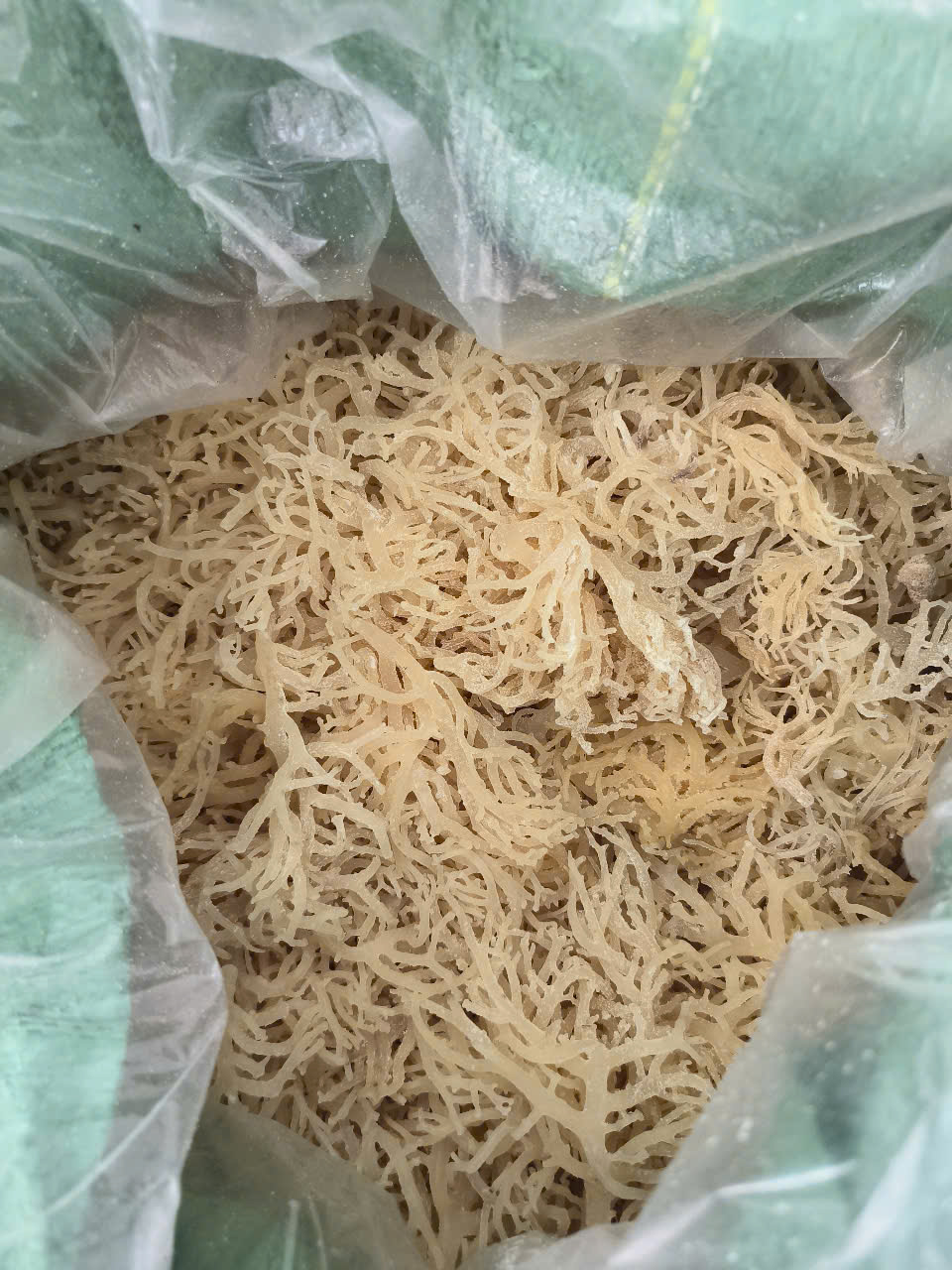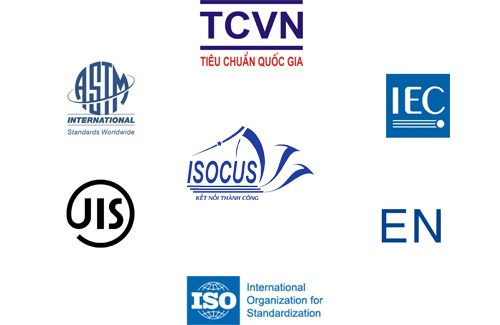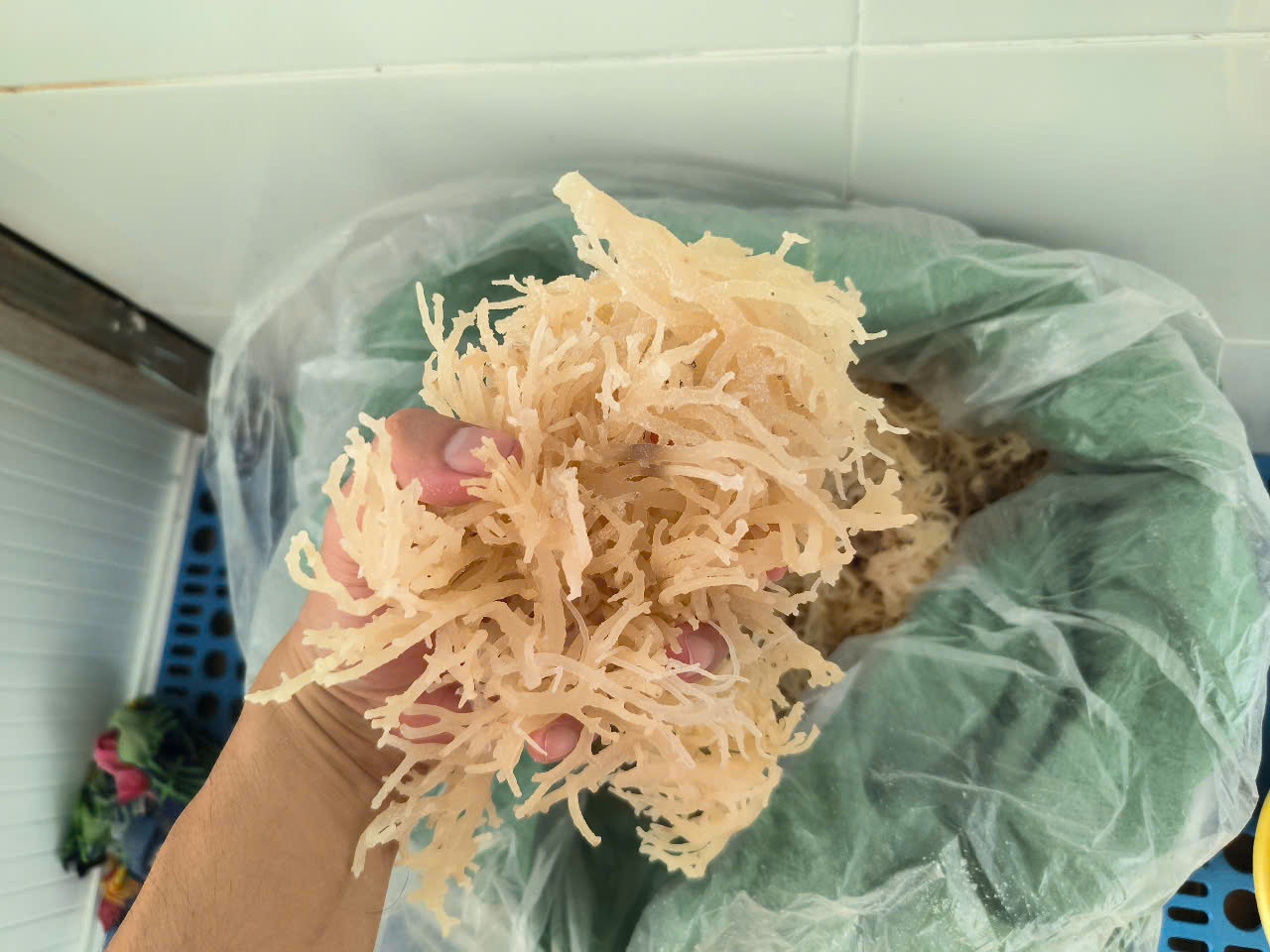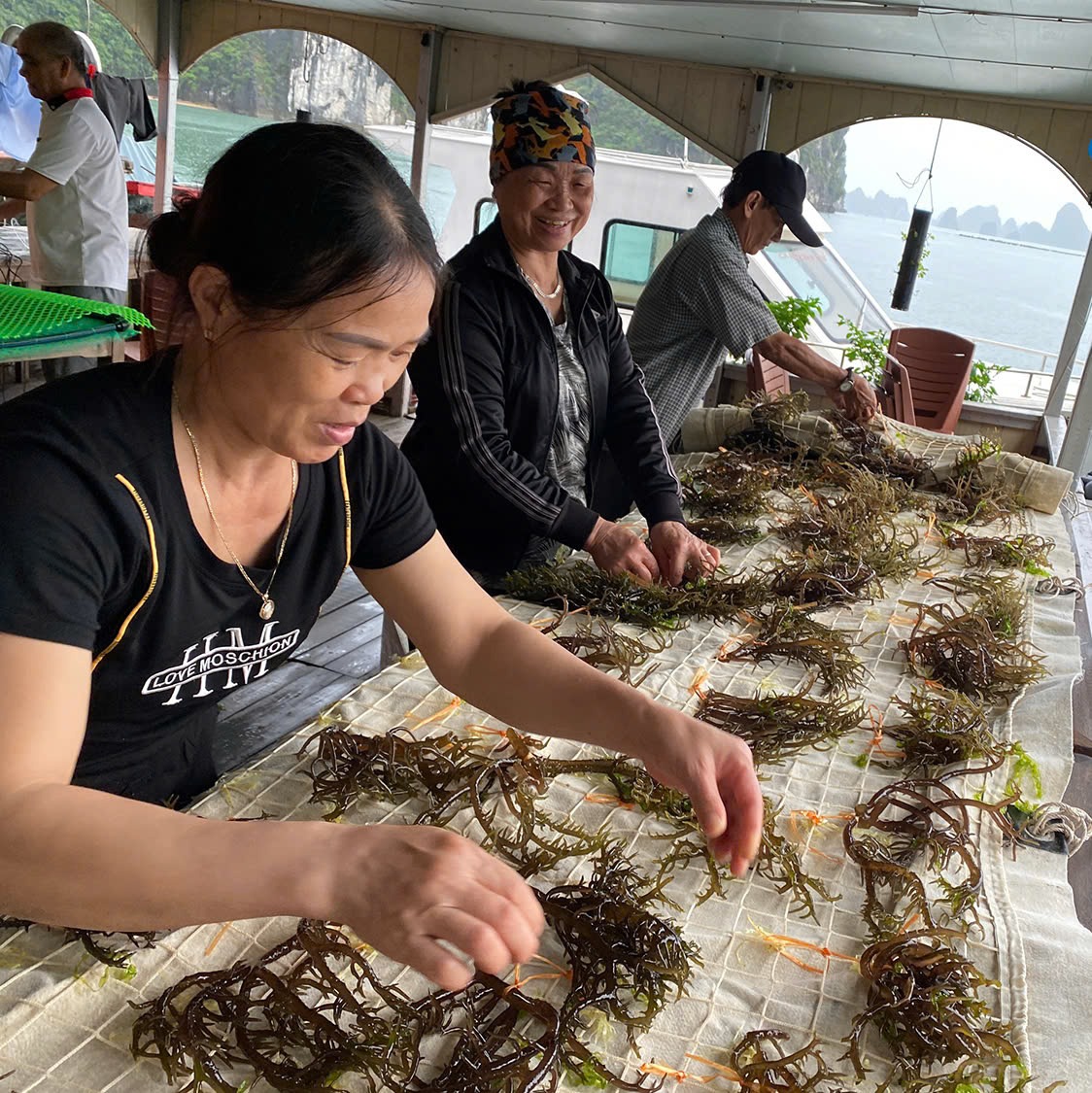With demand for sea moss surging across the food, pharmaceutical, and personal care industries, finding the right sourcing partner is more critical than ever. Whether you're launching private label sea moss products or scaling up existing product lines, selecting a trustworthy supplier in Vietnam, Indonesia, the Philippines, or Africa is a decision that can impact your product quality, cost efficiency, and long-term brand reputation.
This guide walks B2B buyers through the essential factors to evaluate when selecting a sea moss supplier from Vietnam/Indonesia/Philippines/Africa, ensuring a resilient, sustainable, and high-performing supply chain.
1. Product quality and consistency
Quality begins with the raw material. Sea moss harvested from clean, mineral-rich waters yields superior nutritional value and functionality. Southeast Asian countries - especially Vietnam, Indonesia, and the Philippines are known for their ideal marine ecosystems, while African suppliers from coastal regions like Tanzania and Ghana are gaining recognition for sustainable sea moss supply Africa.
Key criteria to assess:
- Cleaning and drying techniques
- Impurity levels and moisture content
- Texture, color, and natural smell
- Laboratory test results for heavy metals, microbial contamination, and mold

Lam Hong seaweed products after packaging.
In addition to product quality, supply stability is a crucial factor that businesses must evaluate when selecting a sea moss supplier in Vietnam, Indonesia, the Philippines, or Africa. While each supplier operates under its own standards and processes tailored to client needs. What truly matters for buyers is finding a raw material partner that can provide a consistent and dependable supply over time.
If supply stability is a top priority for your business, we invite you to consider Lam Hong as a trusted and experienced sourcing partner.
2. Certifications and quality standards
Certifications are the first signal of credibility and compliance. They ensure that suppliers meet both international standards and your brand’s safety requirements—especially critical in dietary supplements and skincare formulations..
Ask your potential supplier: What quality standards do Vietnamese sea moss suppliers meet? If they comply with:
- HACCP (Hazard Analysis and Critical Control Points).
- GMP (Good Manufacturing Practices).
- ISO certifications (e.g., ISO 22000 or equivalent).
- Organic certifications (USDA, EU, or regional standards).
- Halal and Kosher (for market-specific needs).
These standards are especially important if your end product will be used in dietary supplements or skincare formulations where purity and safety are non-negotiable.

A qualified sea moss exporter must meet all international standards.
3. Export capabilities and logistics
Choosing a sea moss supplier is not only about the product quality but also about their ability to deliver it on time and intact.
Whether you’re importing from a raw sea moss supplier Southeast Asia or sustainable sea moss supply Africa, evaluate:
- Experience with international shipments and customs clearance
- Shipping methods (air freight, sea freight, courier options)
- Lead times for bulk orders
- Packaging and labeling compliance for export markets
- Cold supply chain capability for sensitive formats (e.g., fresh or gel-type sea moss
Reliable exporters typically have multilingual sales teams and in-depth knowledge of global logistics regulations.

Lam Hong Seaweed being harvested in the waters of Nha Trang.
4. Scalability and long-term partnership
As demand increases, so should your supplier’s ability to scale. Be sure to inquire about their harvesting capacity, storage infrastructure, and how they handle seasonal fluctuations. A reliable supplier from Vietnam, the Philippines, or Indonesia should be able to explain how they mitigate common risks such as:
- Overharvesting or resource depletion
- Operational slowdowns during the rainy season
- Labor shortages during periods of peak demand
If you're entering the market with private-label sea moss products, your ideal partner should also provide OEM/ODM services, packaging support, and flexibility in product formats such as gel, powder, capsule-grade, etc..
In addition to technical and compliance-based criteria, it's worth considering more intuitive factors—like your personal impressions of the supplier, their business history, and the origin of their sea moss. These qualitative insights can help determine whether a supplier is truly suited for a long-term, strategic partnership.
5. Sustainability and traceability
Today’s consumers demand more than quality—they expect environmental and ethical responsibility. A growing number of suppliers in Vietnam, Indonesia, the Philippines, and Africa are investing in regenerative harvesting techniques, community engagement, and full traceability systems.
Key questions to ask:
- Is the sea moss hand-harvested or farmed?
- Are local communities involved and fairly compensated?
- What traceability systems are in place to track product origin?
The trend toward sustainable sea moss supply Africa is especially important, helping restore marine biodiversity and support ethical sourcing initiatives that benefit both the environment and local economies.

Workers at Lam Hong harvesting seaweed
6. Communication and responsiveness
A responsive supplier is an invaluable asset. Good communication not only facilitates smoother transactions but also builds long-term trust. Evaluate:
- English proficiency and clarity in communication
- Speed and clarity in replying to inquiries
- Willingness to provide samples or product documentation
- Transparency on pricing and minimum order quantities (MOQs).
Choosing the right sea moss supplier Vietnam / Indonesia / Philippines / Africa involves much more than comparing prices. It’s a strategic evaluation of product quality, certifications, logistics, scalability, and sustainability. These countries offer a wealth of opportunities for sourcing premium sea moss, but due diligence is key.
For businesses interested in private label sea moss products or seeking a dependable raw sea moss supplier Southeast Asia, aligning with certified and transparent partners is essential for success.
Whether your focus is nutritional supplements, cosmetics, or functional foods, your sea moss supply chain begins with smart supplier selection. Let your sourcing choices reflect your brand’s values, market goals, and commitment to quality.
Why Choose Lam Hong?
If you are currently looking for a sea moss supplier in Vietnam, be sure to contact Lam Hong to expand your options and ensure that you do not overlook a reputable and trustworthy supplier. While we may not offer the lowest prices, we are committed delivering:
- High-quality wildcrafted sea moss
- Transparent sourcing and traceability
- Certifications that meet global standards
- Responsive and experienced export service
Reach out to Lam Hong today to explore collaboration opportunities and make a fully informed supplier evaluation.






